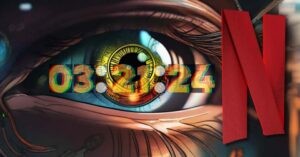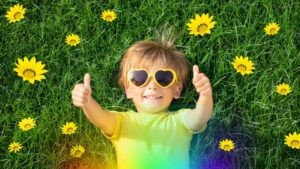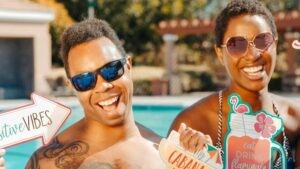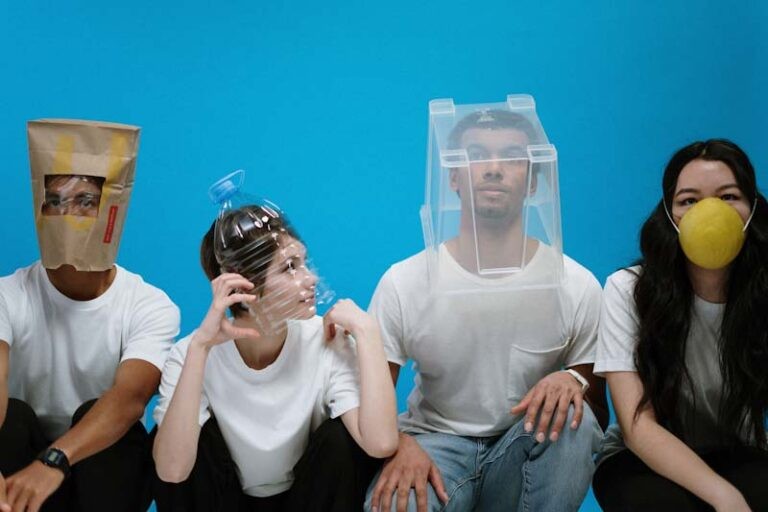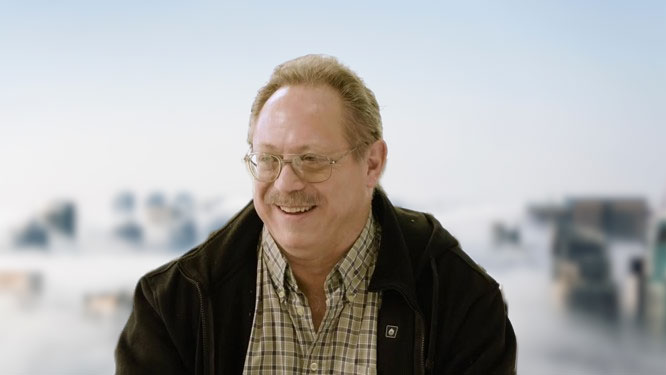When I started to write my book/blog, I always intended to keep information relevant to the subject of Happiness as to provide the fastest way from point A to B, with A being a current happiness point and B being the personal happiest potential point (aka 95% Happy). What I wanted to avoid was teaching people the whole of subject Psychology. We need to know ourselves. It is not a painless death. We need to know our strengths, weaknesses, psychological predispositions, motivations, goals, values, traumas, and even our addiction; I know it can be a lot of work, mostly if we have never honestly thought about it before.
Still, the upside of knowing ourselves is tremendous as it will allow us to play to our strength, work on our weaknesses, and grow in the fastest way possible. It will give us the quickest way to success, life satisfaction, and Happiness.
Getting To Know Ourselves: Strength and Weaknesses
“Tell me 3 of your biggest strength and 3 biggest weakness”: This question is one of the most popular questions asked during an interview. Recruiters are not interested in knowing what exactly are our strengths and weaknesses. Still, they are more interested in seeing how people will react to the questions and maybe profile candidates a little better. Yet, even if we are not planning to do any interviews in the upcoming future, we should know our strengths and weaknesses because this knowledge will make us happy.
Specifically, it is said that in jobs, we should focus on our strengths and in relationships on our weaknesses, but this is not what we are always seeing. I still was good with numbers, logic, and mathematics, but I chose to study Marketing, which is preferably a creative field, meaning that mathematics is instead a small part of it. I got into a lot of trouble with different classes during this study. My logic and mathematics were not as important as creative expression, which is the psychological opposite of logical thinking. In the end, I made it quite well in this field. I continuously meet people suffering, struggling, and never really achieve anything of substance in life because they chose to work where they are not good at.
Similarly, many couples are always getting into fights because they are psychologically incompatible. My favorite example is couples who are both partners are extroverts or introverts. Extroverts prefer to be surrounded by large amounts of people, such as to be in the center of a party, while Introverts prefer to be alone or with a smaller group of people, such as they like to avoid crowds. Of course, we can be introverts or extroverts in different situations and times of our lives, but generally speaking, we prefer one of the extremes. If we put two extroverts together, they can become too destructive as they push each other towards progressively more extreme social situations. In contrast, introverts will gradually push each other into isolation and hide away from the rest world. Thus, a perfect couple would be composed of one extrovert and one introvert, where both partners would balance each other out in their extrovert and introvert way.
What Exactly We Need To Know About Ourselves
To this day, I did every possible “getting to know yourself” test. I could get my hands on, such as Miller and Briggs 16 Personalities (I am ENTP), Gallup Strengths Finder, and Narcissism Test The Values Test, Spiral Dynamics Test, and many others. Still, human beings are too complex and too dynamic in their personalities. We behave differently in different situations and different moments, almost as if we had other characters for different situations.
Still, I want to share what elements of personal self-analysis I come to value the most, as I always go back to these elements, probably because they are the most relevant topics for the Happiness:
- Strength / Weaknesses – I know myself to be naturally good in sports, aim, dancing, massage, languages (I speak 8 languages), pro-activity, logic, and organization—most of these things without really trying. I am bad at reading (I’m a dyslexic – surprise! But I still write this blog and I wrote a book), I am not creative, especially with things like drawing, music, and arts, and I am incredibly individualistic, which can be a good thing. Still, it is also bad in many other aspects.
- Extroversion / Introversion – As discussed above. I am an Extrovert.
- Thinker / Doer – Some people prefer to think before acting (Thinkers) while others to act first and think later (Doers). I am a Doer.
- Emotional (Creative) / Logical – Emotional (Creative) people who prefer languages, reading, and writing. They operate in more chaotic and disorganized environments, which often surprise and worry logical people, but they make it work! Rational people are not as good in the about mentioned characteristics, but they are great with mathematics, organization, graphs, charts, directions, chess, strategy, and logical thinking. I am an analytical thinker.
- Addictions – I know myself to be addicted to TV series, movies, and sweets. I know these things are bad for me, but after several attempts to stop these habits, I still come back to them repeatedly, which is why I call them addictions.
If you don’t know your addictions, you can ask yourself what the things you do which are
1) You know are not suitable for you;
2) You are doing in excess; and
3) You cannot stop because you tried to do so in the past, but you are still doing them today.
You don’t even need to have hard addictions, such as drugs, smoking, gambling, and alcohol. You can be addicted to all sorts of things, like I am addicted to series and movies (as I watch one or more of them almost every day), or like many people who are drinking 5+ cups of coffee per day, which is truly excessive, despite their claims that they can stop any point of time if only they chose to (which they never do).
Test Yourself
How well you know yourself? Make this test right now. Answer all of the above five points. Please leave your answer in the comments and let us know how well you know yourself! Please share this article with five people who you think will benefit the most from reading it. Mayans believe that it will improve your sex life if you believe in this kind of thing.




